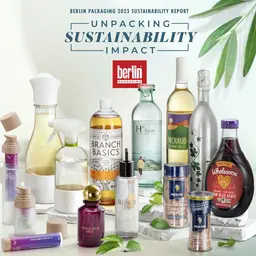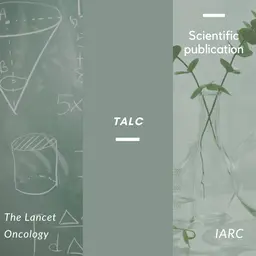
An international protocol, a European regulation, a French law: the administrative and regulatory process to implement the provisions promoting biodiversity and benefit-sharing, which have been a topic of discussion since 1992, is finally came to an end. The process was completed on 12 October 2014. Nathalie Delangle, FEBEA’s Head of Environmental Affairs, described the process and its consequences at a conference given at the Beyond Beauty trade show.
It all began in 1992 at the Earth Summit in Rio, when 193 countries adopted the Convention on Biological Diversity.
The Convention set forth three rather ambitious goals:
• Preserving biodiversity
• Sustainable use of the elements of biodiversity
• The fair and equitable sharing of benefits arising from the utilization of genetic resources
It was the beginning of a long process that took a sizeable first step on 29 October 2010, when the Nagoya Protocol was adopted.
The Nagoya Protocol
The Nagoya Protocol is an international framework for ABS (Access to genetic resources and Benefit-Sharing for the benefits arising from their utilization) that the Party States must apply in their national laws.
Its scope of application covers:
• Animal and plant genetic resources (GR)
• Their genetic and biochemical components
• The traditional knowledge (TK) associated with them.
It does not apply to:
• Human GRs
• GRs covered by more specialized similar instruments (GRs used for agriculture and food, pathogens, etc.)
• GRs over which the States do not have sovereign rights (e.g. international waters)
The main sectors affected are:
• Academic research
• The pharmaceuticals industry
• The cosmetics industry
• Biotechnologies
• Agriculture
• Ornamental horticulture …













